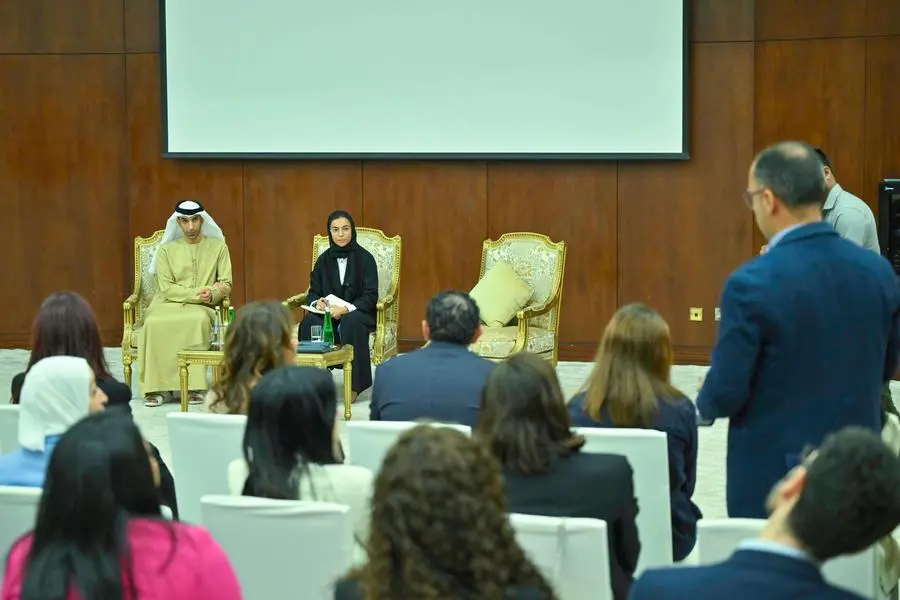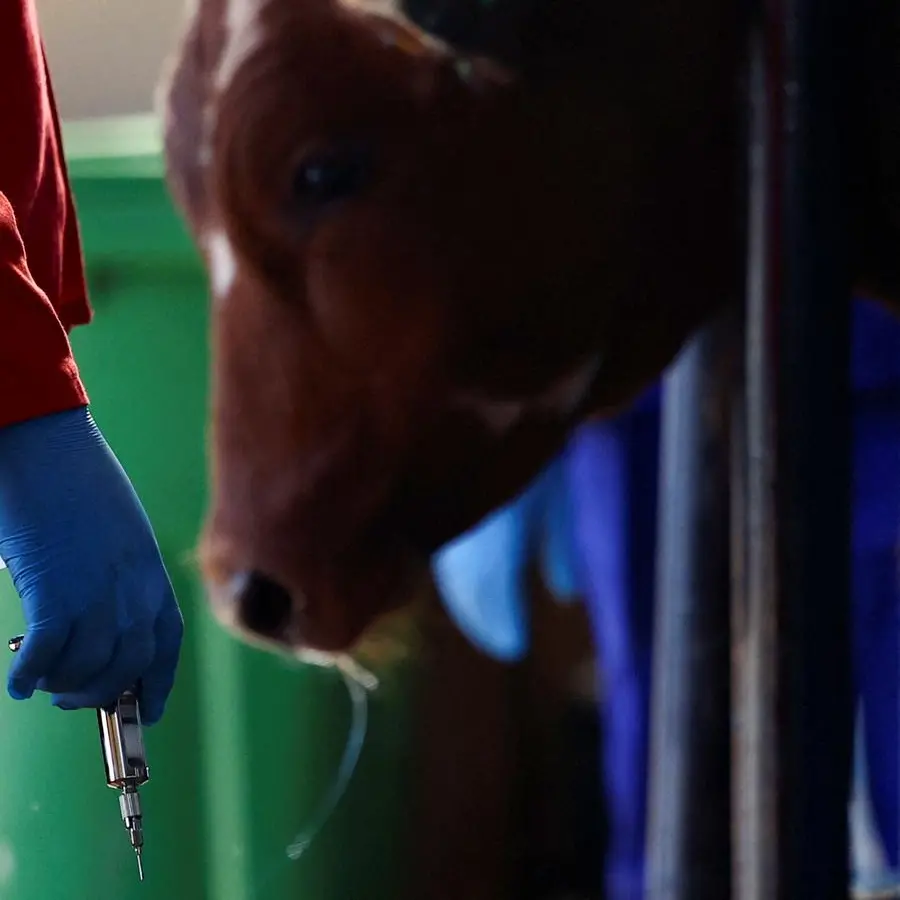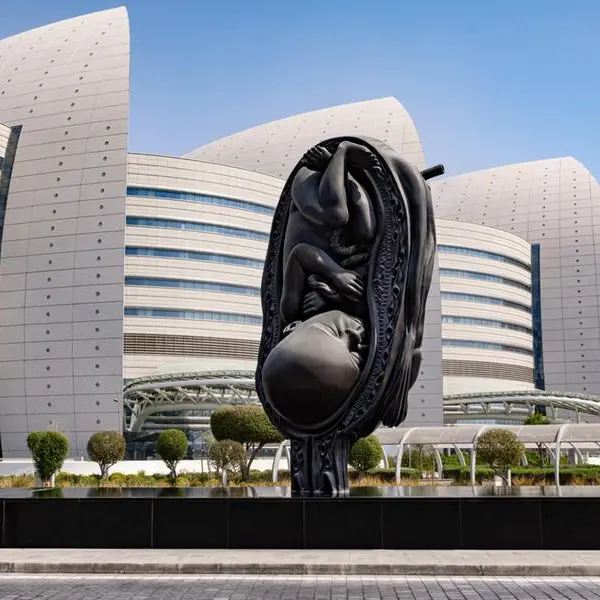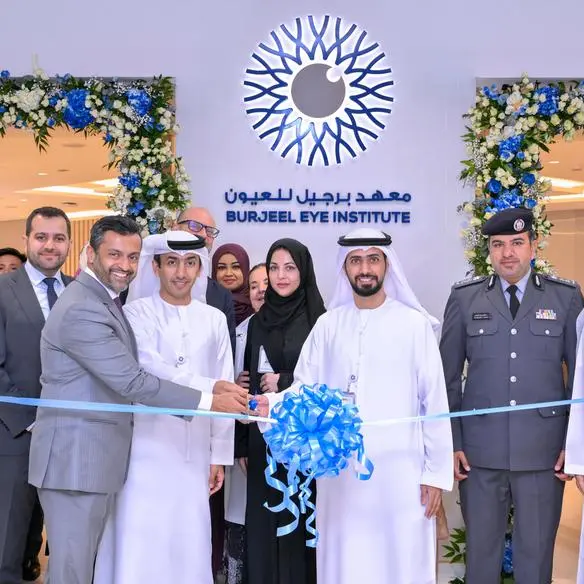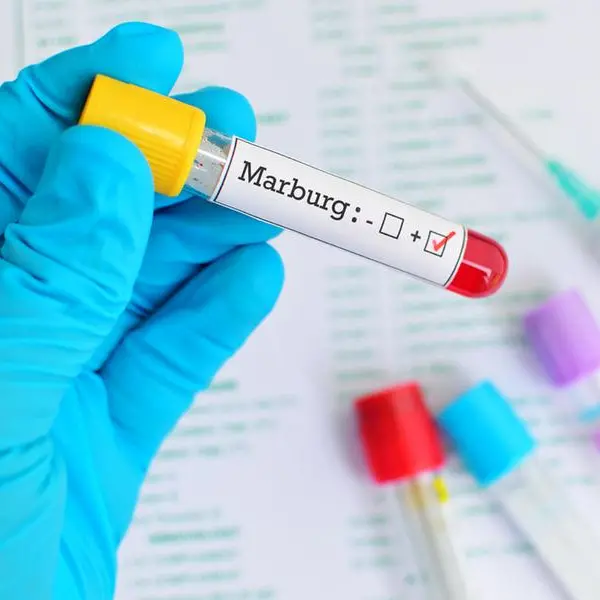PHOTO
The new Emirates Drug Establishment (EDE), which was established in December 2023 to oversee the regulation of all medical and pharmaceutical products in the UAE, held an introductory meeting with more than 40 of the nation’s leading manufacturers and suppliers of healthcare products and services. The meeting was designed to introduce the role of the EDE, outline the support and assistance it can provide, and hear from the industry’s stakeholders on supporting the development of the UAE’s rapidly expanding healthcare sector.
The Emirates Drug Establishment is tasked with regulating the production and distribution of all medical products across the UAE, including pharmaceuticals, medical devices, healthcare products, nutritional supplements and cosmetics. Its primary objective is to increase the UAE’s self-sufficiency and drug security by enhancing the country’s ability to produce, develop and manufacture high-quality medical and pharmaceutical products by facilitating research and development and providing a welcoming environment for investments in the sector.
The meeting was attended by representatives of the leading names from the local and international pharmaceutical industry, including Abbott, AbbVie, Sanofi, MSD, Merck, AstraZeneca, Bayer, Bristol Myers Squibb, Kyowa Kirin, Leo Pharma, Eli Lilly, Novartis, Novo Nordisk, and Pfizer, who were joined by representatives of the main private healthcare providers in the UAE.
Dr. Thani bin Ahmed Al Zeyoudi, Minister of State for Foreign Trade and Chairman of the Board of Directors of the EDE, stated, “Being able to provide our citizens with high quality, best-in-class healthcare services and products remains a priority of the UAE leadership. The Emirates Drug Establishment is mandated to achieve that goal by working closely with the healthcare industry to establish and uphold standards, facilitate research and development, and attract investment to the healthcare sector by creating an attractive environment to enhance our drug manufacturing capabilities.
“We are continually working to raise the standards of healthcare in the UAE and through the EDE we will apply the latest world-class knowledge to the development, manufacturing, registration, marketing and distribution of healthcare products and services. We will create an environment that will attract leading global companies and talents in this sector and to cement our reputation as a world-class medical hub.”
As the Director of the Emirates Drug Establishment, Dr. Fatima Al Kaabi, Director-General of the EDE, said that the introductory meeting with representatives of the medical sector’s most prominent entities and companies aims to involve the private sector in plans to develop and upgrade the sector in accordance with international best practices.
On the role of the EDE, she said, "The Emirates Drug Establishment regulates and manages all medical products across the country, including medicines, medical devices, healthcare products, nutritional supplements and cosmetics. It will increase the UAE's self-sufficiency and pharmaceutical security by enhancing the country's ability to produce, develop and manufacture high-quality medical and pharmaceutical products by fostering research and development and providing an environment that welcomes pharmaceutical investments."
The UAE has become a regional leader in healthcare having developed a world-class hospital and medical centre infrastructure, which is supported by highly qualified and fully accredited medical personnel. It is now accelerating the development of its clinical research and manufacturing capabilities in order to enhance its position as a regional healthcare leader and destination for best-in-class medical tourism.
As the UAE’s population continues to expand due to economic diversification and growth, demand for high-quality healthcare continues to rise, which has resulted in the UAE having the fastest growth rate in healthcare spending in the region, with the healthcare budget expected to increase to US$30.7 billion by 2027 as the government ensures the country’s healthcare infrastructure is well-prepared to address the growing demand.
